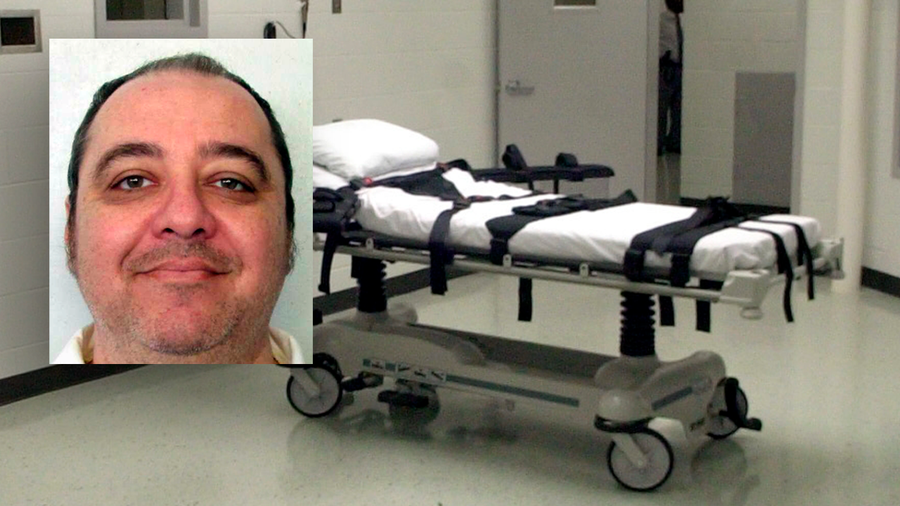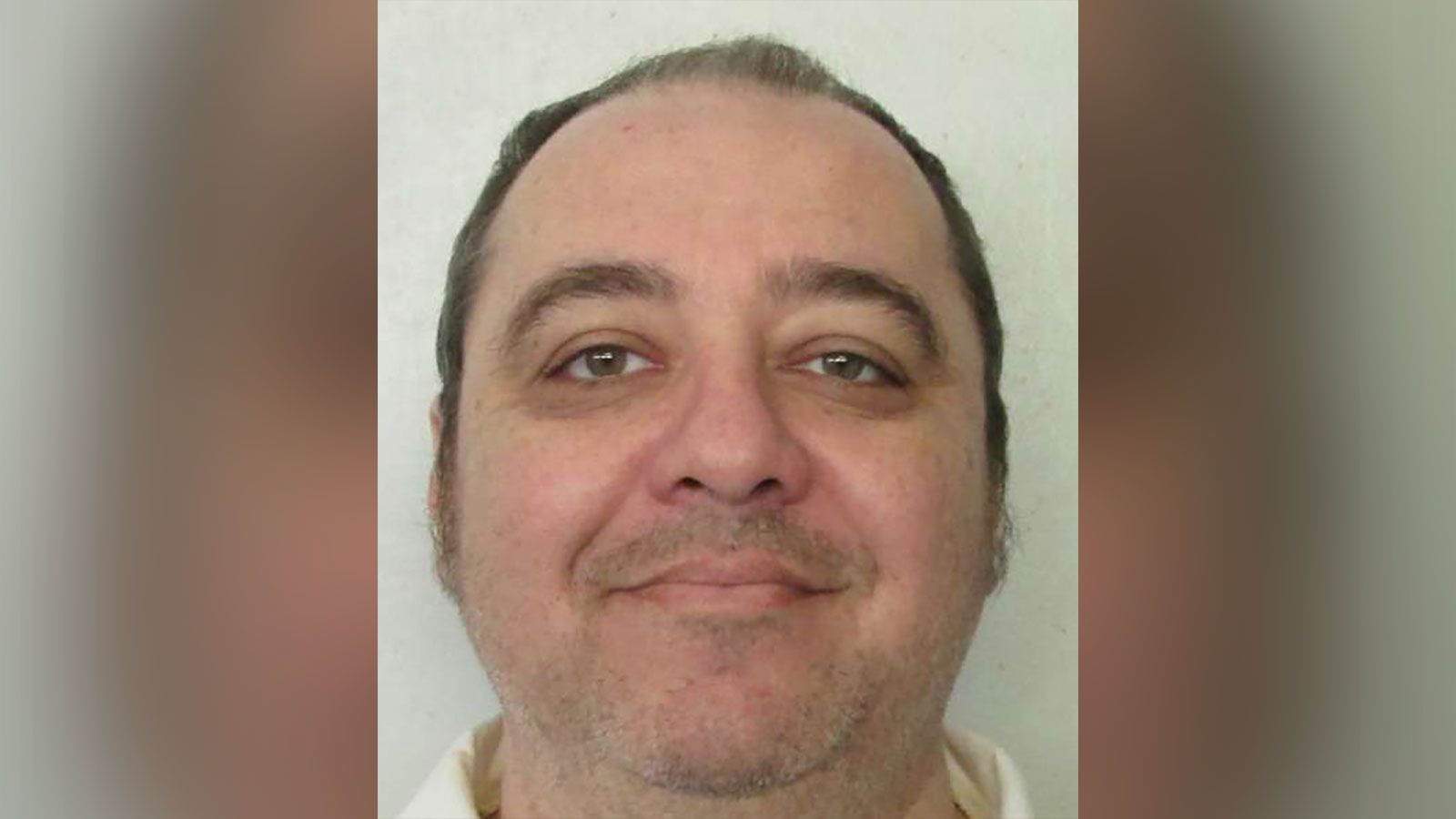The Alabama attorney general argued against a lawsuit stating that the inmate did not suffer unconstitutionally during an aborted lethal injection last year.

The Inmate Didn’t Suffer After Aborted Lethal Injection That Leads To His Fail Execution, Alabama Attorney General Says (PHOTO: WVTM)
The Death Penalty Of Kenneth Eugene Smith
Alabama’s attorney general argues against a lawsuit contending that an inmate did not suffer unconstitutionally during a lethal injection that was called off last year when the execution team couldn’t establish an intravenous line despite repeated attempts.
Alabama Attorney General Steve Marshall asked a judge to dismiss the lawsuit filed by Kenneth Eugene Smith striving to prevent the state from making a second attempt to execute him. The attorney general argued that repeatedly being pricked with a needle does not rise to the level of cruel and unusual punishment and that Smith did not suffer unlawful pain and mental anguish during the attempted execution.
Smith’s death penalty was scheduled to be put to by lethal injection on November 17 for the 1988 murder-for-hire slaying of Elizabeth Dorlene Sennett. Prison officials called off Smith’s execution for the night after they were unable to establish IV access to his vines.
Smith’s Failed Execution
The failed execution was the second instance that year of Alabama being unable to execute because of difficulties connecting intravenous access and its third since 2018. The problems led to Alabama Gov. Kay Ivey seeking a pause in executions to conduct a “top-to-bottom” review of the state’s capital punishment system.
The Alabama Supreme Court, at Ivey’s request, abandon the previous one-day timeframe to carry out a death sentence. Instead, the governor will set a time for the execution to be carried out. The prison system was accused of the last-minute legal filings combined with a midnight deadline to get the execution started as a reason for calling off Smith’s execution.
Smith’s lawyers debated in the court stating that Smith was “subjected to ever-escalating levels of hurt and torture” on the night of the messed up execution. Prison staff argued that Smith was strapped to a death chamber gurney, despite a court order in place at the time blocking the execution from going forward, and later subjected to numerous needle jabs, including in the neck and collarbone region.
READ ALSO:
Shooting Incident: Republican New Jersey Councilwoman Found Dead Inside Her Car

















